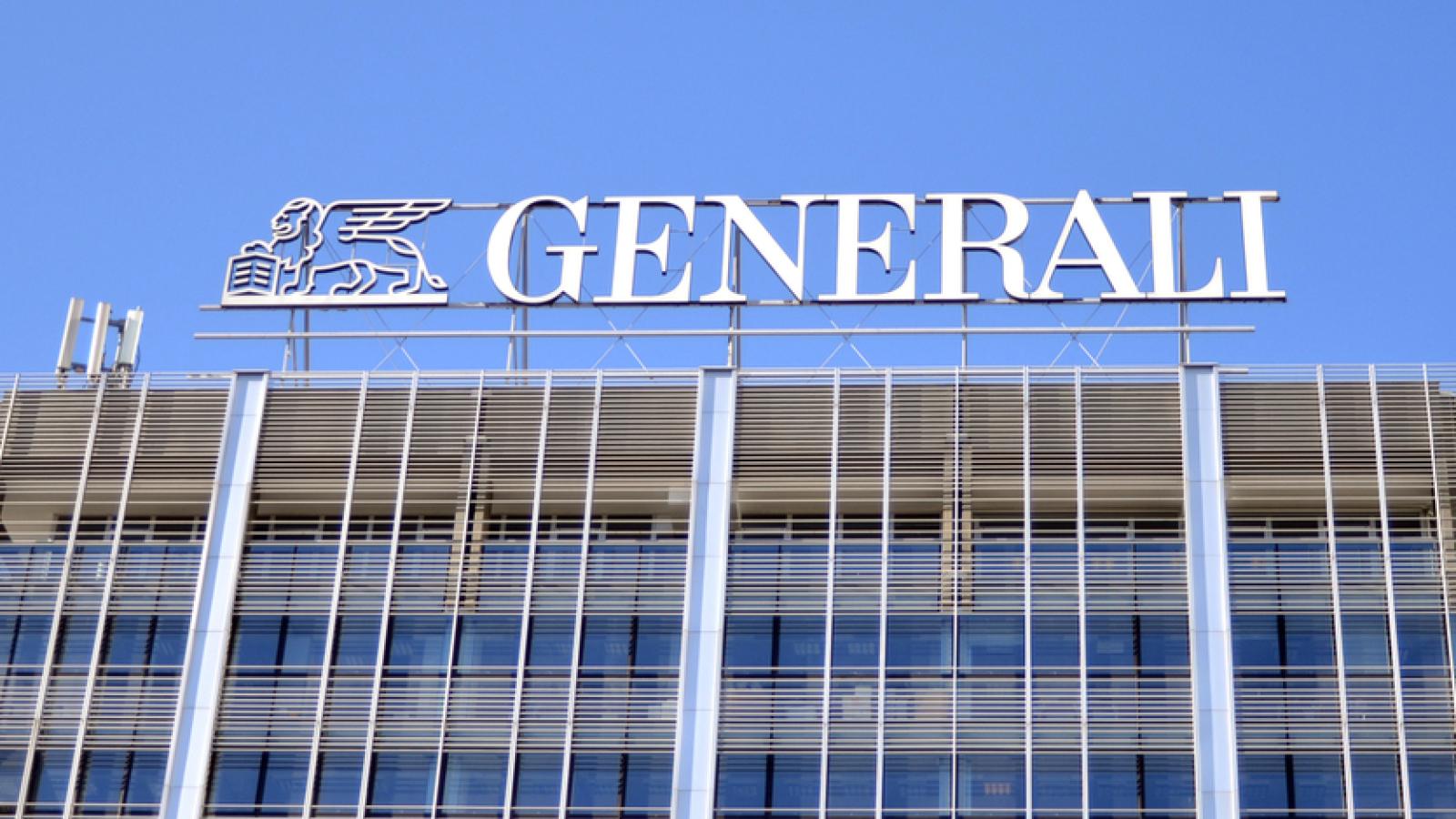
The ECGI blog is kindly supported by

Italian slate voting and semi-dispersed corporate ownership: Lessons from the Generali case
A distinctive feature of Italian corporate governance is the so-called slate voting or list voting system set out in the Consolidated Law on Financial Markets (CLF) allowing minority shareholders of listed companies to appoint a percentage of the board members. The recent battle for elections to the board at Generali, one of the European leading insurers, has revitalized the debate on the role and the functioning of slate voting and, perhaps more importantly, has brought the spotlight on how outdated some conventional beliefs on Italian corporate governance are.
The showdown between two rival lists aimed at appointing the majority of the board members significantly diverges from the usual functioning of the slate voting system.
Last April, Generali’s shareholders were called to choose between the company’s own slate of board candidates, including the incumbent CEO and some of the outgoing directors, and a rival list supported by some relevant shareholders willing to replace the majority of the board to reshuffle the company’s strategies. After an intensive proxy fight, the slate presented by the board prevailed and the incumbent CEO was given a new term. The showdown between two rival lists aimed at appointing the majority of the board members significantly diverges from the usual functioning of the slate voting system. Indeed, list voting was introduced by the Italian legislature to provide minority shareholders reaching a minimum threshold of shares (varying from 0,5% to 4,5% depending on the issuer’s capitalization) with a stronger voice within the board. In line with the original spirit of the rule, shareholders are usually called to choose between a long list prepared by the controlling shareholders or, in largely dispersed ownership companies (where there are not shareholders reaching the minimum threshold of shares), by the outgoing board and a short slate generally submitted by institutional investors.
By contrast, the slate voting system can play a quite different role at semi-dispersed ownership companies where, while the majority of the shareholder base is fragmented, there are some shareholders who hold relevant stakes (e.g. a 10% stake) that are, however, not enough to secure a majority of the votes at the general meeting. At such mixed ownership structures, slate voting can allow shareholders to use minority (albeit relevant) holdings to pursue the control of the company. This was already made evident by the Telecom Italia case. In 2018, activist fund Elliott Advisors, holding a 9% stake, secured the majority of the board seats at Telecom Italia, the leading ICT group in Italy, by submitting a long slate and winning with 33.47% of the votes cast in favor, compared to 31.68% for the list submitted by Vivendi, the company’s largest shareholder.
Critical issues raised by the presentation of a list by the outgoing board concern the transparency of the candidate selection process
Even though the Telecom Italia case had already shown the potential control-seeking function that slate voting can serve in companies with semi-dispersed ownership, the Generali case gained a great deal of attention because, for the first time, there was a showdown between the full slate prepared by the outgoing board and that submitted by a shareholder holding a significant stake. In particular, although the submission of a slate by the outgoing board is not banned by the law, and its legitimacy has been confirmed by the Consob (the Italian SEC) and the Italian Corporate Governance Code, such practice has given rise to a fierce debate among scholars and practitioners on the pros and cons of the submission of a list by the board. As noted by the Consob, the potential critical issues raised by the presentation of a list by the outgoing board concern the transparency of the candidate selection process, the role of the independent directors in the preparation of the list, and possible relationships between the list presented by the board and the lists presented by shareholders, that might exist, for example, where a shareholder submitting a slate or his representatives are included in the list prepared by the board or concur (being members of the board) to the preparation of the board’s list.
The intense debate sparked by the Generali case, being mostly rooted on the analysis of existing rules dealing with slate voting and possible reforms thereof, does not tell the full story.
First, the battle at Generali has made it clear (as the Telecom Italia case already did) that the ownership of some important Italian listed companies has significantly changed over the last years and the classification of Italy as a concentrated-ownership country does not fully reflect current ownership patterns. While it is true that, on average, ownership concentration of Italian listed companies is still relatively high, and that the majority of listed companies are controlled, 42 (out of 225) listed companies do not have a controlling shareholder and the ownership of most of them is semi-dispersed. Such non-controlled companies are generally large companies operating in the financial sector and represent a third of the overall market capitalization and over 80% of capitalization in the financial sector.
In companies with semi-dispersed ownership, gaining support from institutional investors is key to prevail in the clash between rival slates
Second, the last few years there has been a rise in institutional ownership and, in particular, in the presence of international institutional investors in Italy. The increasing weight of international institutional investors within the shareholder base of Italian listed companies has been accompanied by a tendency for investors to be more active owners and regularly attend shareholder meetings. Therefore, in companies with semi-dispersed ownership, gaining support from institutional investors is key to prevail in the clash between rival slates (no matter if slates are submitted by shareholders or by the board).
In light of the above, the Generali case revealed that national rules dealing with slate voting are strictly intertwined with global international corporate governance trends. As a WSJ piece highlighted, the proxy battle propitiated by the Italian slate voting system resembles, to some extent, an activist situation in the U.S. Indeed, as usually happens in such situations, leading international institutional investors and vote recommendations provided by the two world’s leading proxy advisors played a crucial role in determining the outcomes of the general meetings. At Generali, the support provided by most of institutional investors, representing almost 40 per cent of the share capital, proved to be decisive for the victory of the board’s list.
A key question one should ask about the Generali case is whether the slate prepared by the outgoing board and that submitted by a shareholder can compete on equal terms to gain investors’ support
To sum up, in light of the above it seems that a key question one should ask about the Generali case is whether the slate prepared by the outgoing board and that submitted by a shareholder can compete on equal terms to gain investors’ support. Indeed, as the competition is not only among the lists per se but also among the growth plans set out by each of them, the board could be better positioned than the shareholders to attract investors’ support as it has direct access to the company’s business information and regularly engages with investors. Nevertheless, such potential advantage should not be overstated insofar as one believes that investors are capable of screening competing business plans and are effectively committed to act as responsible stewards and promote sustainable strategies.
-------------------------------------------
Giovanni Strampelli is Professor of Business Law at Bocconi University, Milan.
This article reflects solely the views and opinions of the authors. The ECGI does not, consistent with its constitutional purpose, have a view or opinion. If you wish to respond to this article, you can submit a blog article or 'letter to the editor' by clicking here.



